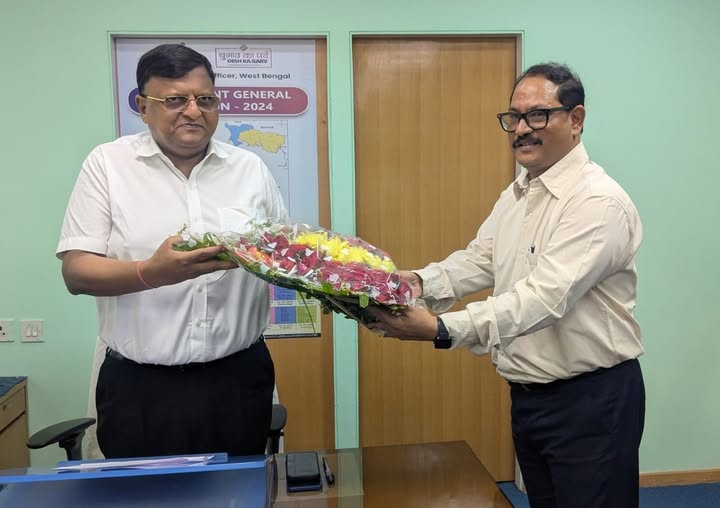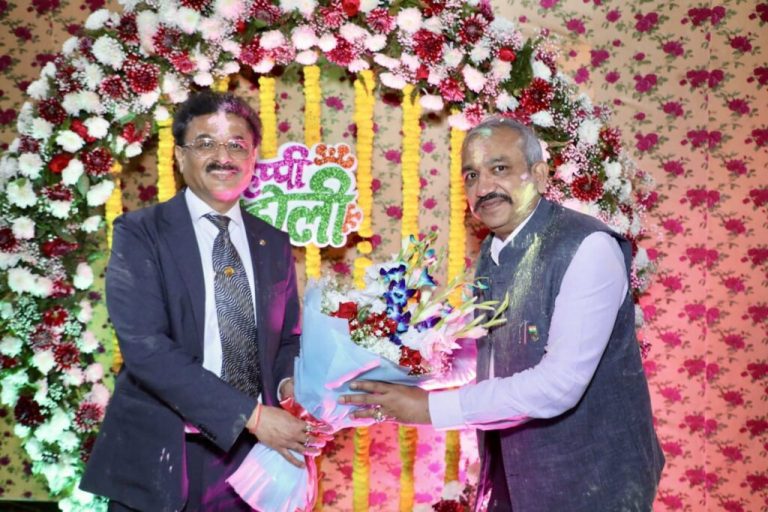In the quiet but determined corridors of India’s tax enforcement machinery, IRS officer Avadh Kishor Pawar has carved a reputation for uncovering the unseen. A 2016-batch officer from the Indian Revenue Service, Avadh, who served as the Deputy Commissioner for Benami Prohibition in Madhya Pradesh, has been at the forefront of one of the country’s most complex and impactful financial investigations.
His work under the Benami Transactions (Prohibition) Act of 1988—revamped and reintroduced in 2016—has not only recovered vast sums of unaccounted wealth but also shed light on the ingenious ways individuals and entities exploit legal loopholes.
THE FORGOTTEN ACT GETS A REVIVAL
The Benami Transactions (Prohibition) Act, dormant for decades since its inception in 1988, gained new life with its 2016 amendment. The changes gave enforcement agencies sharper tools and legal clarity to identify and act against properties held in others’ names to conceal the true ownership and evade taxes.
When Pawar took charge in Madhya Pradesh, the region’s Benami Prohibition Unit (BPU) had around 400 attached benami properties. By the time he left, the number had grown to over 1,300 properties, with properties worth over ₹600 crore under attachment. These assets spanned prime urban locations and important rural lands, often involving high-profile individuals who registered assets in the names of family members, employees, or even unsuspecting domestic workers.
A MURDER, A MOTHER, AND A 23-YEAR BATTLE
One of the most gripping investigations led by Pawar involved land linked to a murder accused in the troubled regions of Bhind and Morena, near Gwalior. Known for its criminal undercurrents, the area posed not just bureaucratic but also personal risks for investigators.
In this case, a few locals initially stonewalled the investigation. Nobody believed that a fair investigation would be done in the high-profile case. Even the local administration advised caution, warning of potential violence. Yet, through consistent dialogue and assurances of fairness, Pawar’s team managed to gather critical evidence. The battle stretched over a strong legal battle, but eventually, justice prevailed, and the property was reclaimed under the law.
RESORTS IN THE TIGER’S SHADOW
Perhaps the most striking cases came from the Pench Tiger Reserve, Seoni known as the inspiration for Rudyard Kipling’s The Jungle Book. Here, the BPU uncovered a web of benami transactions involving prime tribal land.
In one instance, a tribal laborer earning a meager ₹8,000–10,000 per month was listed as the owner of a resort worth ₹5–6 crore. Further investigations revealed a pattern: influential individuals used tribal proxies to purchase land in violation of laws protecting tribal rights, then built resorts or planned similar developments.
The Benami Prohibition team in Bhopal attached these properties, setting a significant legal precedent. Such outcomes not only reclaimed benami assets but also protected vulnerable communities from exploitation.
TECHNOLOGY: A NEW ALLY IN THE OLD FIGHT
Avadh and his team relied heavily on the digitization of land records and data analytics to crack cases. Online land registries, financial transaction records, and even social media provided crucial leads.
In one investigation, they linked a government engineer to a benami resort by analyzing digital footprints. Anonymous tips, too, played a pivotal role, enabling the unit to uncover hidden layers of financial deceit.
UNCOVERING A NATIONWIDE NEXUS
Madhya Pradesh emerged as a hotspot for the attachment of benami properties. Over 800 properties were attached during his tenure, valued at nearly ₹600 crores. These included everything from resorts near tiger reserves to land holdings tied to the fully developed cricket grounds in the Bhopal district.
One case involved a prominent builder in Bhopal, whose benami properties were seized after IT Department raids. Another saw shares worth ₹250 crore held by a company’s employees on behalf of its promoters being attached.
CREATING AWARENESS AND IMPACT
These cases emphasize the importance of public awareness about the Benami Act. Most people don’t realize the act covers not just big-time tax evaders but anyone who uses others’ names to hide illegal wealth. This includes corrupt- bureaucrats/politicians, and businessmen who can’t justify their assets.
By bringing these cases to light and securing convictions in 95% of them, team Benami Prohibition Charge, Bhopal has sent a clear message: even the most elaborate schemes to conceal wealth can be dismantled with consistent effort and legal backing.
LOOKING AHEAD
Now in a different role, IRS officer Avadh Kishor Pawar’s contributions to the fight against financial fraud remain a touchstone for tax enforcement teams nationwide. His tenure in Madhya Pradesh exemplifies how even a decades-old law can become a potent instrument when wielded with precision, innovation, and courage.
With new challenges emerging in the world of financial crimes, Avadh’s work serves as a blueprint for future officers tasked with uncovering the unseen.



































